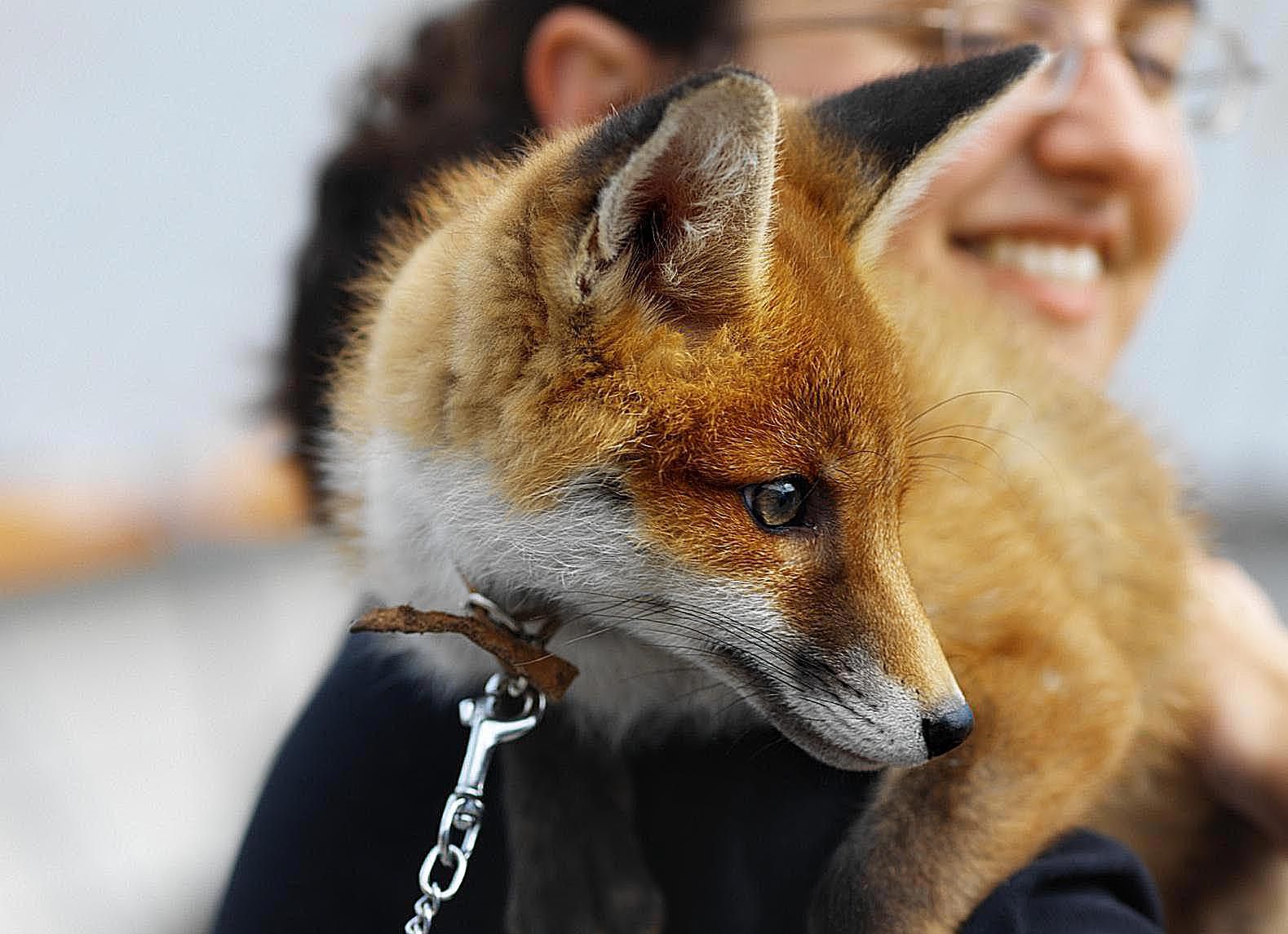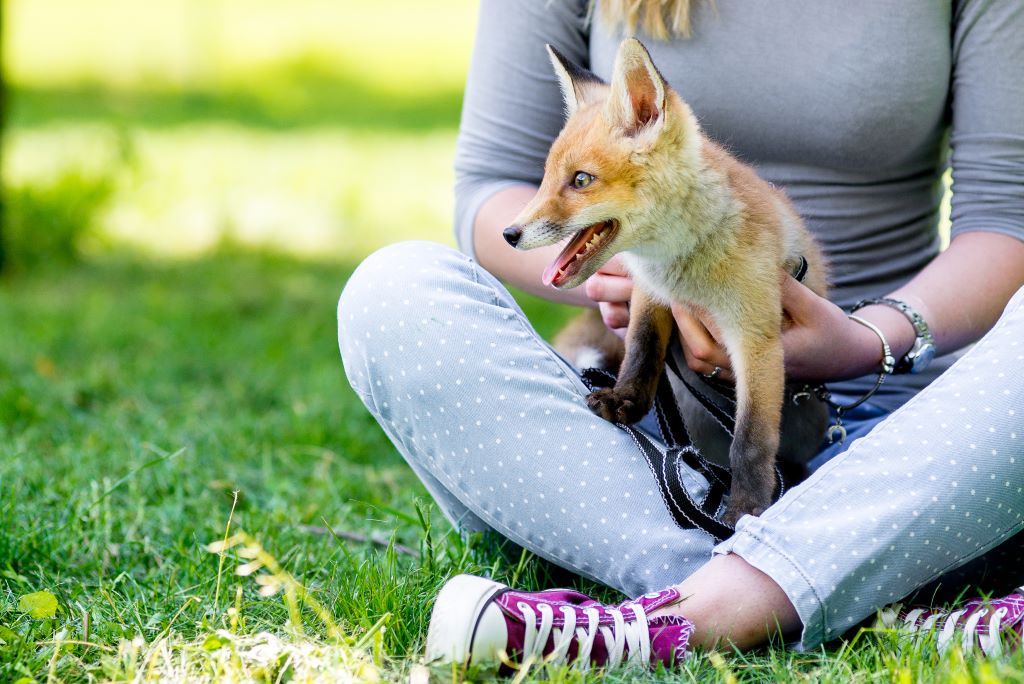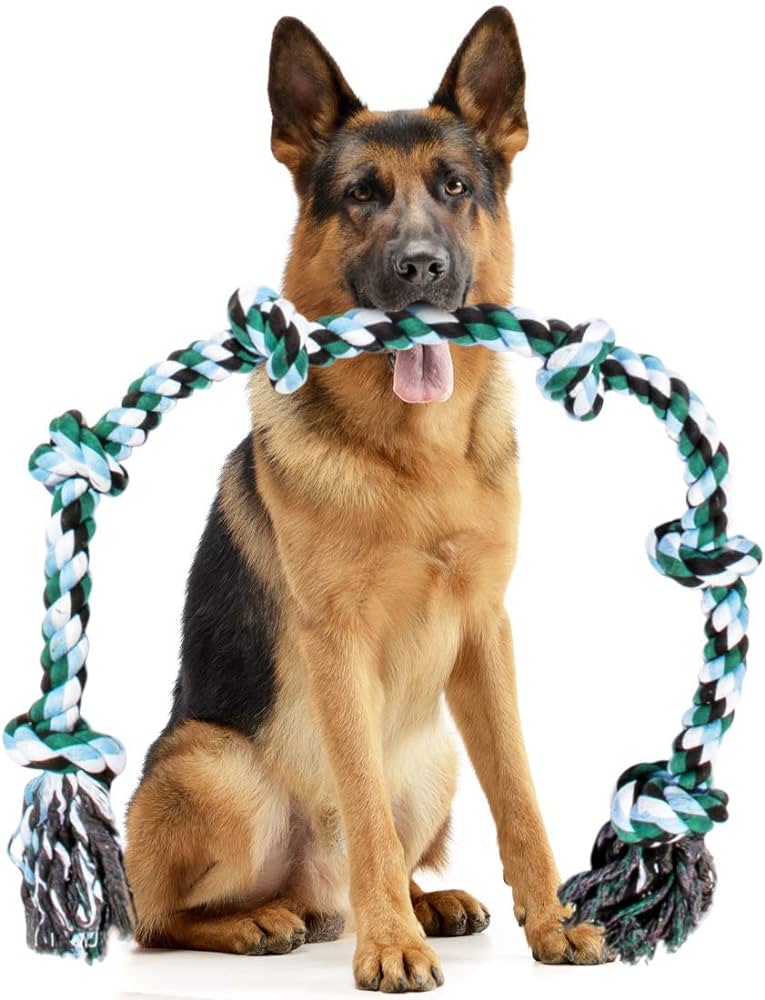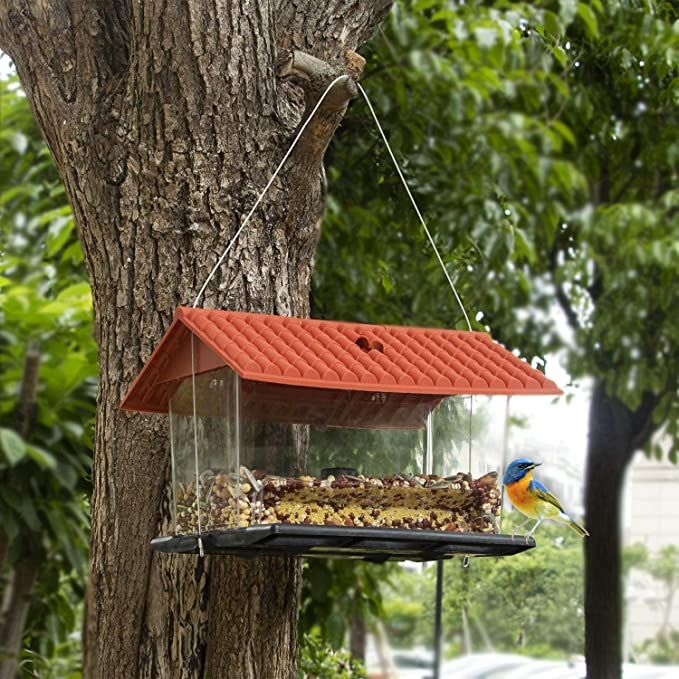The allure of foxes as pets is undeniable. Their captivating beauty, playful demeanor, and cunning intelligence have captured the hearts of many. However, before embarking on the journey of bringing a fox into your home, it’s crucial to understand the unique challenges and considerations associated with owning these wild creatures. 




Introduction
A. The Allure of the Fox: A Charismatic Creature with a Wild Side
The fox, with its sleek fur, pointed ears, and intelligent gaze, has captivated humans for centuries. Diverse species of foxes exist, from the majestic Arctic fox to the cunning red fox, each occupying a vital ecological role as predators and scavengers. While their undeniable charm sparks the desire to bring them home, keeping foxes as pets presents unique challenges and considerations.
B. Understanding Fox Behavior: Wild Instincts and Domestication Challenges
Foxes are solitary creatures by nature. Driven by strong hunting instincts, they establish territories and fiercely defend them. Unlike domesticated animals like dogs, foxes have not undergone extensive human selection for tameness. This inherent wildness translates to potential difficulties in socialization, training, and predicting their behavior.
Legal and Ethical Considerations
A. Local Regulations and Restrictions: Ensuring Compliance with Wildlife Laws
Owning a fox as a pet is not legal everywhere. Before considering fox ownership, it’s crucial to research local and state regulations. Permits, licenses, and veterinary certifications might be required to ensure responsible pet ownership and compliance with wildlife laws. Non-compliance can result in hefty fines or even confiscation of the animal.
B. Ethical Implications: Respecting Animal Welfare and Wild Species
Keeping wild animals in captivity raises ethical concerns. The fox’s well-being and ability to thrive in a domestic environment must be carefully evaluated. Confining a creature with natural instincts for hunting and roaming can lead to stress and behavioral problems. Furthermore, responsible ownership prioritizes the preservation of wild species in their natural habitats.
Housing and Care Requirements
A. Providing a Spacious and Secure Enclosure: Mimicking a Natural Habitat
Forget a traditional dog house! Foxes require a large, secure outdoor enclosure that replicates their natural environment. Ample space allows for exercise, foraging behaviors, and denning needs. This enclosure must be escape-proof and protect the fox from predators and potential hazards.
B. Specialized Diet and Nutrition: Meeting the Nutritional Needs of a Wild Animal
A fox’s dietary needs differ significantly from a typical pet. Researching and providing a specialized diet that mimics the fox’s natural prey, like rodents and small birds, is crucial. Consulting with a veterinarian or animal nutritionist ensures a balanced and appropriate diet that meets the fox’s specific needs. Fresh water should always be available, and food intake should be monitored for optimal health.
Socialization and Training:
A. Early Socialization and Positive Reinforcement: Building Trust and Understanding
Early socialization, ideally starting with fox kits, is essential for promoting positive interactions with humans. Positive reinforcement techniques based on rewards and encouragement are crucial for building trust and understanding. Consistent training methods with clear boundaries help establish a harmonious relationship.
B. Understanding Potential Behavioral Challenges: Addressing Instincts and Temperament
Even with proper training, foxes retain their natural behaviors. Digging, chewing, and vocalizations are inherent to their wild instincts. Providing enrichment activities and appropriate chew toys allows them to express these behaviors in a healthy manner. If significant behavioral challenges arise, seeking professional guidance from experienced fox owners or animal behaviorists is recommended.
Health and Veterinary Care
A. Preventive Care and Regular Checkups: Maintaining the Fox’s Well-being
Establishing a relationship with a veterinarian knowledgeable in exotic animal care is vital. Regular checkups ensure preventive care, vaccinations, and parasite control. Monitoring the fox’s health for signs of illness or injury and seeking prompt veterinary attention is crucial for maintaining their well-being.
B. Unique Health Concerns: Addressing Potential Issues in Captive Foxes
Captivity can lead to unique health concerns in foxes. Stress, nutrition deficiencies, and behavioral problems are potential issues. Veterinarians with expertise in exotic animal care can address these concerns effectively. Access to specialized veterinary services becomes even more important when caring for a captive fox.
Fox Domestication Projects: A Glimpse into the Future?
A small number of research projects worldwide are exploring the potential for fox domestication. These projects involve selective breeding of foxes for tameness and adaptability to human environments. While these efforts are in their early stages, they raise intriguing questions about the future of human-fox relationships.
A. Selectively Breeding for Tameness: Ethical Considerations and Unforeseen Consequences
These domestication projects raise significant ethical concerns. Foxes bred for tameness might lose some of their natural instincts and behaviors, impacting their well-being. Furthermore, unintended consequences could arise, such as the creation of foxes with genetic predispositions to health problems. Extensive research and careful consideration of animal welfare are crucial in such endeavors.
B. The Long Road to Domestication: A Process Spanning Generations
Domestication is a long and complex process that takes thousands of years. The current fox domestication projects are in their infancy, and achieving a level of domestication comparable to dogs or cats would likely require generations of selective breeding. Ultimately, the success of such projects remains uncertain, and the ethical considerations must be carefully weighed.
The Allure of Foxes in Popular Culture
Foxes have captivated our imaginations for centuries, appearing in mythology, folklore, and literature. From the cunning Reynard the Fox in European fables to the mischievous Fennec fox in Disney’s “Zootopia,” foxes often represent intelligence, adaptability, and a touch of wildness. This cultural connection reinforces the allure of foxes as companions, even though their wild nature makes them challenging pets.
A. Foxes as Symbols of Cunning and Independence
In many cultures, foxes are associated with cleverness and resourcefulness. Their ability to survive and thrive in diverse environments has earned them a reputation for cunning and adaptability. This portrayal in stories and myths contributes to the popular image of the fox as a fascinating and independent creature.
B. The Duality of the Fox: Admired from Afar, Not Always Ideal Companions
The fox’s captivating qualities draw us in, but their wild instincts make them unsuitable for most homes. Literature captures this duality, portraying foxes as both clever companions and potentially dangerous creatures. While appreciating their beauty and intelligence, we must recognize that respecting their wild nature is paramount.
Conclusion
A. A Rewarding Yet Demanding Commitment: Assessing Suitability for Fox Ownership
Fox ownership presents unique challenges and requires a significant commitment. Before welcoming a fox into your life, thoroughly evaluate your ability to provide the necessary care, housing, training, and enrichment. Foxes are not low-maintenance pets, and their wild instincts can be unpredictable. Responsible ownership prioritizes the fox’s welfare, ensuring its needs are met in a way that respects its natural behaviors.
B. Respecting Wild Animals and Preserving Biodiversity: Seeking Alternative Connections
While the desire for a unique pet is understandable, alternative ways to appreciate and connect with foxes exist. Consider wildlife observation programs that allow you to witness foxes in their natural habitat. Volunteering at wildlife rehabilitation centers offers opportunities to learn about fox care and contribute to their conservation. Supporting organizations dedicated to protecting wild fox populations and their habitats ensures the survival of these fascinating creatures in the wild.
Ultimately, respecting wild animals and preserving biodiversity should be paramount. Foxes play a vital role in ecosystems, and appreciating them from afar allows them to thrive where they belong.


